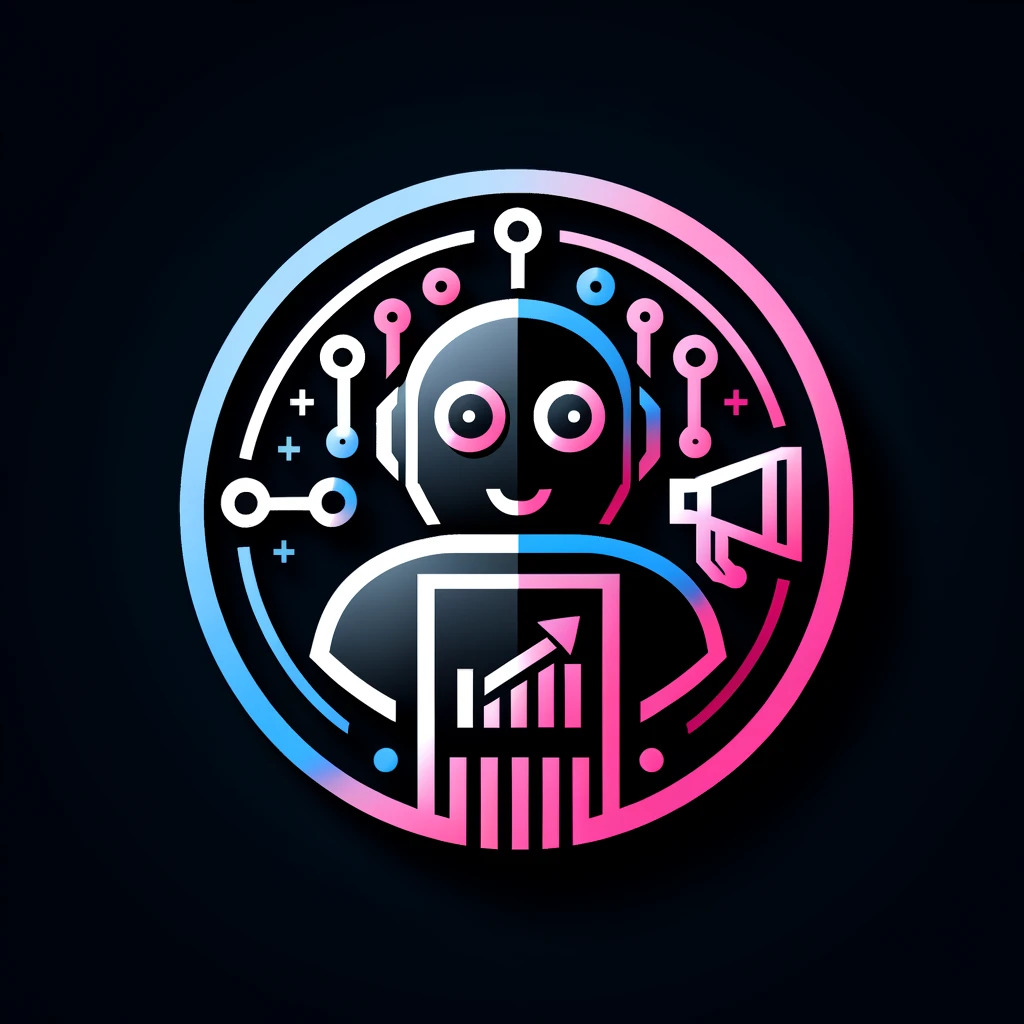In recent years, artificial intelligence (AI) has swiftly transitioned from a futuristic concept to an integral component of marketing strategies. As businesses seek to enhance customer engagement, personalise experiences, and optimise operations, AI’s role has become indispensable.
As AI continues to evolve, its impact on marketing will only grow, making it an essential tool for businesses seeking to thrive in the digital age.
The Evolution of AI in Marketing
The journey of AI in marketing began with basic automation tools designed to streamline repetitive tasks. Over time, these tools evolved into sophisticated systems capable of analysing vast amounts of data, predicting consumer behaviour, and executing personalised marketing campaigns with remarkable precision. Today, AI encompasses a range of technologies, including machine learning, natural language processing (NLP), and computer vision, all of which contribute to its transformative power.
Enhancing Customer Insights and Personalisation
One of the most significant advantages of AI in marketing is its ability to generate deep customer insights. By analysing data from various sources, AI algorithms can identify patterns and trends that human analysts might overlook. This capability allows marketers to understand customer preferences, behaviours, and pain points with unparalleled accuracy.
Personalised Marketing at Scale
Personalisation has become a cornerstone of effective marketing. Consumers today expect tailored experiences that cater to their individual needs and preferences. AI enables marketers to deliver such experiences at scale. For instance, recommendation engines powered by machine learning algorithms can suggest products or content based on a customer’s past interactions and preferences. This not only enhances the customer experience but also drives higher engagement and conversion rates.
Predictive Analytics for Proactive Strategies
Predictive analytics, another key application of AI, empowers marketers to anticipate future trends and customer actions. By analysing historical data, AI models can forecast outcomes such as customer churn, purchase likelihood, and seasonal demand fluctuations. This foresight enables marketers to craft proactive strategies, optimise resource allocation, and minimise risks.
Optimising Marketing Campaigns
AI’s impact on campaign optimisation is profound. Traditional marketing campaigns often rely on trial and error, with marketers adjusting strategies based on observed outcomes. AI, however, introduces a level of precision and efficiency that was previously unattainable.
Automated A/B Testing
A/B testing is a fundamental practice in marketing, used to compare different versions of a campaign to determine which performs better. AI automates and accelerates this process by simultaneously testing multiple variables and identifying the most effective combinations. This not only saves time but also ensures that campaigns are optimised for maximum impact.
Revolutionising Customer Service
Customer service is another domain where AI is making significant strides. Chatbots and virtual assistants powered by NLP and machine learning are transforming the way businesses interact with customers.
24/7 Availability and Instant Responses
Chatbots provide round-the-clock customer support, addressing queries and resolving issues without the need for human intervention. This not only enhances customer satisfaction but also reduces operational costs. Advanced chatbots can handle complex queries, escalate issues to human agents when necessary, and even engage in meaningful conversations, mimicking human-like interactions.
Personalised Customer Engagement
AI-powered virtual assistants can analyse customer data to offer personalised recommendations and solutions. For example, a virtual shopping assistant can suggest products based on a customer’s browsing history and preferences, enhancing the shopping experience and driving sales.
Content Creation and Curation
AI’s capabilities extend to content creation and curation, enabling marketers to produce high-quality content efficiently and consistently.
Automated Content Generation
Natural language generation (NLG) technologies allow AI systems to create written content, such as product descriptions, blog posts, and social media updates. These systems can generate content that is not only grammatically correct but also contextually relevant and engaging. While human oversight is still essential to ensure accuracy and creativity.
Intelligent Content Curation
AI also excels at curating content by analysing vast amounts of data to identify relevant articles, videos, and other media. This helps marketers stay ahead of industry trends and share valuable content with their audience.
Ethical Considerations and Challenges
Despite its numerous benefits, the integration of AI in marketing is not without challenges. Ethical considerations, data privacy concerns, and the potential for algorithmic bias are critical issues that marketers must address.
Ensuring Ethical AI Use
The use of AI in marketing must be guided by ethical principles to prevent misuse and ensure fairness. Marketers should prioritise transparency, clearly communicating how AI technologies are used and ensuring that customer data is handled responsibly. Additionally, efforts should be made to mitigate bias in AI algorithms, which can perpetuate inequalities if not properly managed.
Navigating Data Privacy Regulations
Data privacy is a paramount concern in the digital age. Marketers must navigate complex regulations such as the General Data Protection Regulation (GDPR) in UK & Europe, which mandates stringent data protection measures. Compliance with these regulations is essential to maintain customer trust and avoid legal repercussions.
The Future of AI in Marketing
The future of AI in marketing is bright, with continuous advancements promising even greater innovation and efficiency. As AI technologies evolve, they will become more accessible and affordable, allowing businesses of all sizes to harness their power.
Hyper-Personalisation and Beyond
The next frontier in AI-driven marketing is hyper-personalisation, where every interaction is tailored to the individual level. This will involve integrating AI with other emerging technologies such as the Internet of Things (IoT) and augmented reality (AR) to create immersive, personalised experiences.
Enhanced Customer Journeys
AI will also play a crucial role in mapping and optimising customer journeys. By analysing data across various touchpoints, AI can provide a holistic view of the customer experience, identifying opportunities for improvement and ensuring seamless interactions.
AI and Human Collaboration
While AI offers remarkable capabilities, the human element remains irreplaceable. The most successful marketing strategies will combine AI’s analytical power with human creativity and intuition. Marketers will need to adapt to new roles, focusing on strategic decision-making and creative execution while leveraging AI for data-driven insights and automation.









